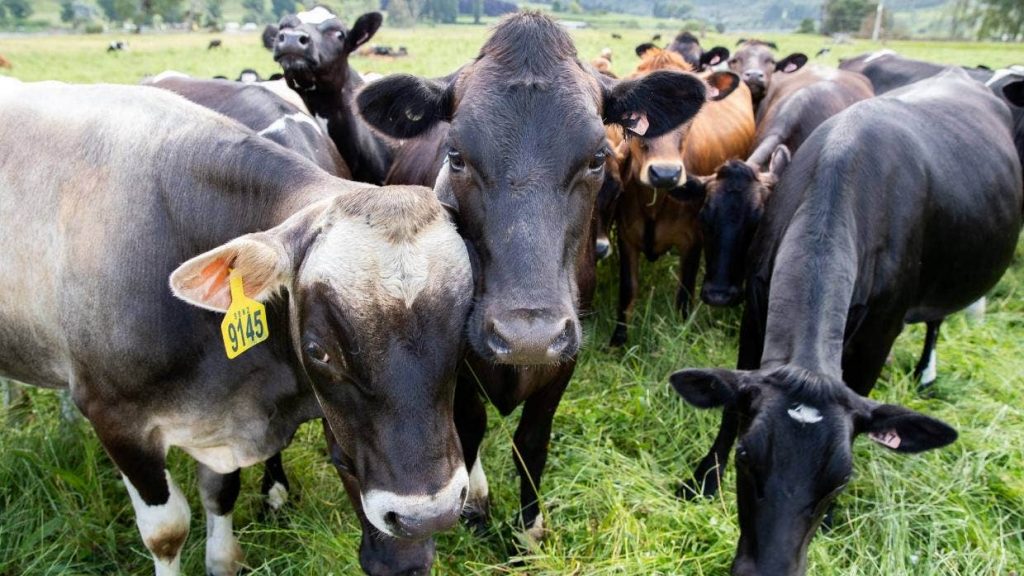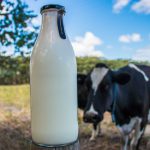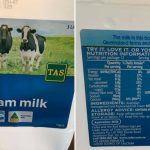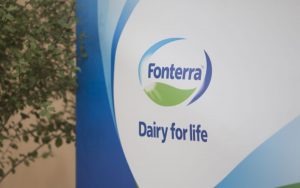
However, an Environmental Compliance Division Report, which was tabled at a Regulatory Committee meeting on Wednesday, says 11 per cent of respondents believed the council’s approach was unfair or unreasonable.
The report says that during the 2019/20 year the regional council issued 35 warnings, 29 abatement notices, 48 infringement notices and carried out 10 prosecutions.
The survey of dairy consent holders, which was conducted by Environment Southland’s compliance division, reinforced the feeling that dairy farmers see the value of environmental compliance, the council’s compliance manager Simon Mapp said.
“The fact our dairy farmers are showing a strong desire to comply bodes well for the future and we will continue to build on this. We are seeing this reflected in our work with farmers and want to continue in this positive direction.”
The 2019-20 Compliance Monitoring Report was presented to council this week, summarising the activities of Environment Southland’s compliance monitoring, enforcement and technical teams.
Mapp said the February flooding and the Covid-19 pandemic had a significant impact on the team’s ability to go on-farm to inspect properties, but to manage this they utilised more aerial inspections and completed 634 on-site and aerial dairy shed effluent discharge consent inspections.
“Due to the restrictions in place for a good portion this year, we have not completed as many inspections as normal, but have prioritised our staff and focused our attention on the areas of highest priority.”
Although reports of pollution incidents continued to grow, with a slight increase in the 2019/20 year, there were significantly more incidents assessed as low priority than in the previous year – these include things like odour and removal of rubbish from waterways, which have a lesser impact on human health or the environment.
Regulatory Committee chairman Neville Cook said continuing the existing compliance approach, which was based on the 4E’s (Enable, Encourage, Educate and Enforce), remained an essential part of improving compliance within all sectors.
“It’s good to see that the importance of compliance is recognised within the dairy industry and we want to ensure all industries are conscious of their responsibilities and are doing what they need to about it.”
Cook said there were some big challenges ahead with changes signalled by the Government and new regulations coming into play, which would put increasing pressure on compliance, monitoring and enforcement requirements over the next year.
“Our view is that a balanced use of the 4E’s model is the best approach to achieve continuous improvement in environmental performance across all sectors, but everyone needs to play their part.”

























